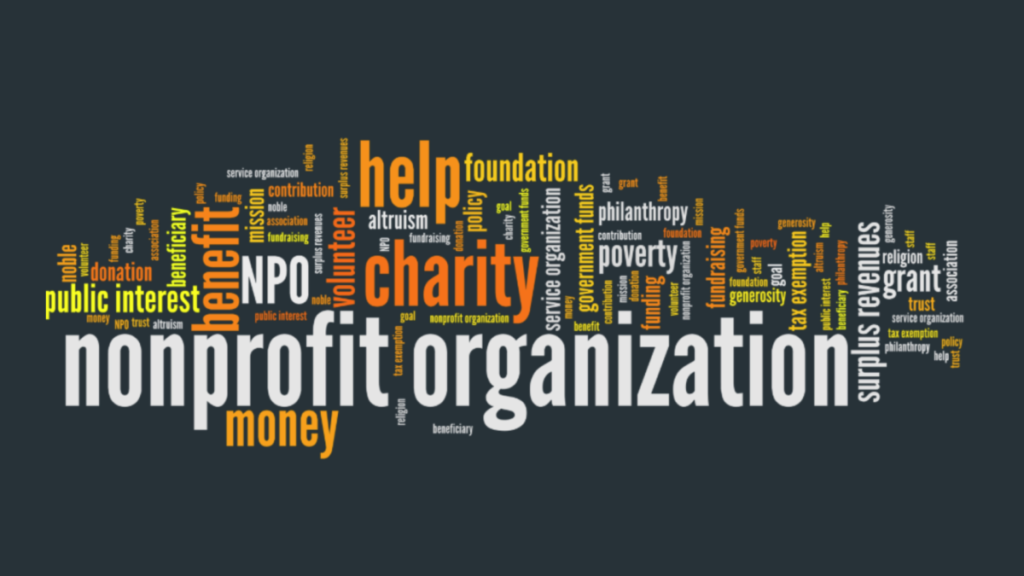
During my internship at Churches United for Fair Housing (CUFFH), I have had the opportunity to work with a small, tight-knit non-profit organization located in the Bushwick neighborhood of Brooklyn, an area that holds personal significance for me as it is where I live and grew up. CUFFH is a private grassroots advocacy organization that focuses on providing affordable housing services and integrated social resources. Their primary business involves organizing working-class BIPOC communities around housing, immigration, social, and economic justice issues to empower and bring about true liberation. CUFFH’s clients include communities of color in Bushwick and extend to residents from other boroughs of New York City. The organization was established in response to a rezoning and development project in the Broadway Triangle, Brooklyn, which threatened to exacerbate racial disparities and increase segregation in the area. Since then, CUFFH has been deeply engaged in community organizing, collaborating with church and community leaders, and advocating for systematic change in affordable housing. In my role, I work within the graphic design department and collaborate closely with the CUFFH Youth board of directors and the communication department, specifically focusing on social media initiatives.
In recent news articles, I learned valuable information about CUFFH. The first article titled “Should NYC Evaluate its Housing Policies for Their Racial Impact?” highlights the efforts of a coalition consisting of residents, community groups, and elected officials in Bushwick, Brooklyn. They are advocating for a study on the racial impact of city policies, specifically in relation to rezonings. The coalition aims to address concerns about racial bias in housing policies and planning processes, as highlighted by a lawsuit settlement in 2017 regarding the Broadway Triangle development. They are pushing for the inclusion of racial factors in Environmental Impact Statements for rezonings and proposing bills in the City Council to require studies on racial impact in development policies. The coalition’s goal is to combat residential segregation and promote fair housing practices for the benefit of all communities.
The second article, “We pay taxes… we just ask for a dignified place”: resident of a basement apartment, sheds light on the unfortunate circumstances faced by CUFFH community members. Claudia Valvidia and her husband Oscar, residents of a basement apartment in Jackson Heights, have been living there for nearly 8 years, paying $1,800 per month. They recently discovered the illegality of their living situation, similar to other basement dwellings that were flooded during Hurricane Ida, resulting in tragic fatalities. Claudia and Oscar express grievances about the lack of maintenance, repairs, and assistance from the landlord. They face frequent flooding, which poses risks to their five children. Joining state lawmakers, they advocate for the legalization of partially underground apartments with safety controls in the state budget, urging Governor Hochul’s support. This measure aims to address the housing crisis and alleviate economic pressures on immigrant and low-income families. The couple faces the possibility of eviction as their landlord refuses repairs. They fear they may be forced to rent another basement, legal or illegal, due to financial constraints. They emphasize their rights as taxpayers and appeal for a dignified living space for their children. It is estimated that there are approximately 400,000 or more such basement apartments across the five boroughs, although an official count is lacking. These articles demonstrate the ongoing advocacy and community support efforts by CUFFH to promote fair housing practices, combat racial disparities, and provide assistance to individuals facing challenging living situations.
Resources:
- Garcia, Julio Cesar. “‘Pagamos Impuestos… Solo Pedimos UN Lugar Digno’: Residente de Un Sótano.” , www.ny1noticias.com/nyc/noticias/noticias/2023/03/24/-pagamos-impuestos—-solo-pedimos-un-lugar-digno—residente-de-un-apartamento-en-un-sotano#. Accessed 26 June 2023.
- Kully, Sadef Ali. “Should NYC Evaluate Its Housing Policies for Their Racial Impact?” City Limits, 26 June 2019, citylimits.org/2019/06/25/nyc-housing-racial-impact/.


